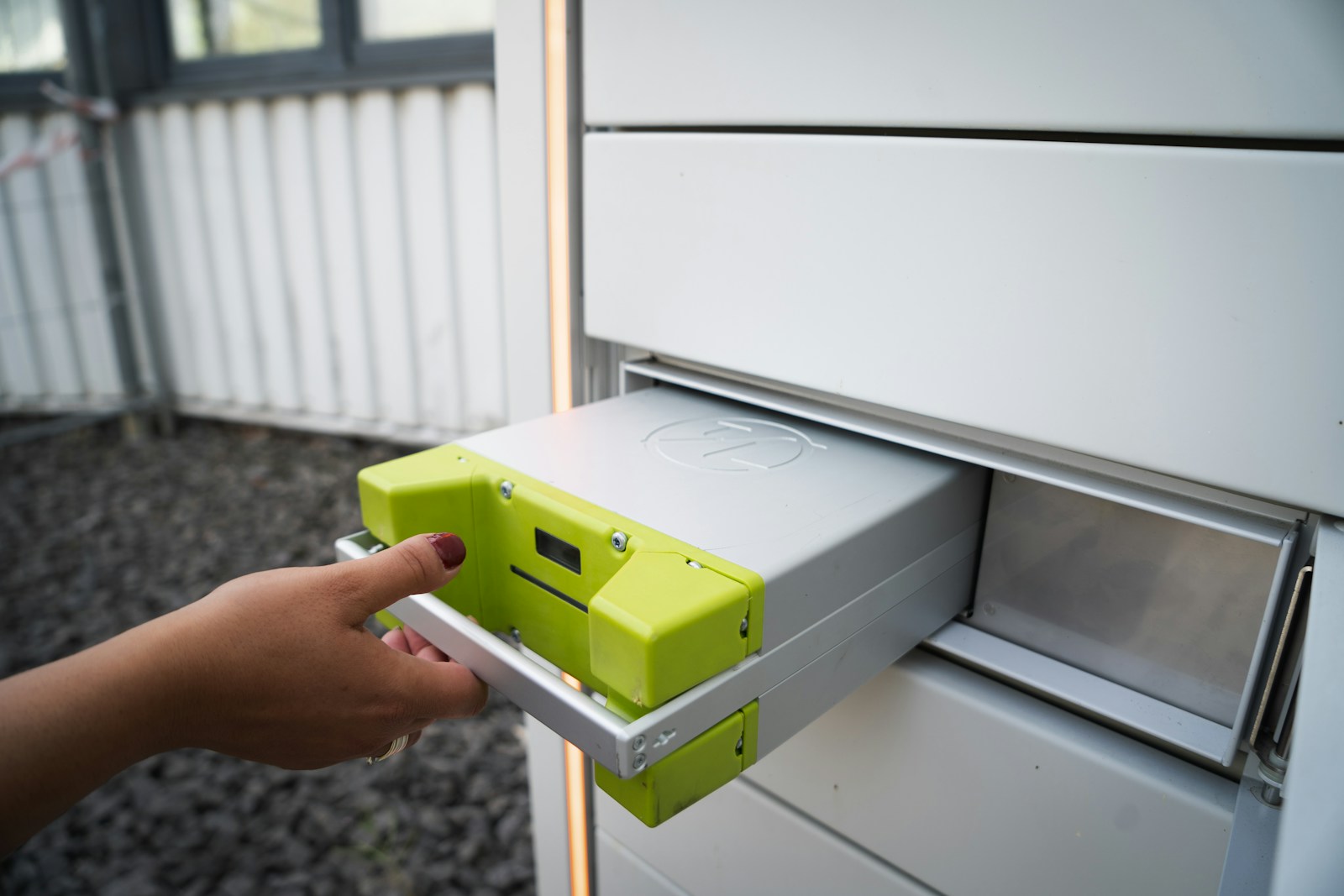Legal Classification of EV Battery Systems as CKD Kits in India: A Focused Guide for Battery Companies

Introduction
With India aiming to become a global hub for electric vehicles (EVs), EV battery companies—both domestic and foreign—are under strategic and regulatory pressure to localize their operations. A key question that affects import strategy, tax exposure, and subsidy eligibility is:
What Is a CKD Kit in the Context of EV Batteries?
A Completely Knocked Down (CKD) kit refers to the import of a product in fully unassembled form for subsequent local assembly. For EV battery companies, this means importing:
- Battery cells (cylindrical, pouch, or prismatic)
- Battery Management System (BMS)
- Casing, interconnects, thermal systems, fasteners, wiring
The CKD model excludes pre-assembled battery modules or packs and requires that final assembly occur within India.
Why CKD Matters for EV Battery Manufacturers
1. Customs Duty Optimization:
As per the Customs Tariff and CBIC circulars:
| Component | Basic Customs Duty (BCD) |
| Battery Cells (for assembly) | 0% (exempted) |
| Battery Pack (pre-assembled) | 15% |
| BMS (separately imported) | 7.5% |
| CKD Battery Components (assembled locally) | 5–10% (as part of broader EV CKD kits) |
If battery companies import pre-assembled packs, they are liable for higher duty and may lose CKD status—making the business less competitive in India’s price-sensitive EV market.
2. GST Treatment of Battery Sales
GST implications for battery companies hinge on how the battery is classified and sold:
| Scenario | GST Rate |
| Battery sold separately (spare, replacement) | 18% |
| Battery sold as part of assembled EV | 5% |
| Battery imported in parts, assembled locally | 5% (if bundled into EV) or 18% (standalone) |
For standalone battery companies that supply packs to OEMs, ensuring local assembly from CKD components helps preserve lower GST implications for downstream EV sales.
3. Risk of Reclassification: CKD vs SKD
Customs authorities apply strict scrutiny on the degree of assembly:
- CKD: All major parts imported unassembled (cells, BMS, enclosure).
- SKD: Battery imported in near-finished form or as pre-assembled modules/packs.
If EV battery companies import fully encased, pre-welded modules, customs may reclassify it as SKD or even CBU, attracting:
- Higher duty
- Retrospective tax demands
- Potential denial of FAME-II subsidy eligibility for downstream OEMs
Precedent: In Samsung v. Commissioner of Customs, pre-assembled parts were ruled ineligible for CKD treatment.
FAME-II Compliance: Battery Localization Requirements
- Under the FAME-II Scheme, battery packs must be locally assembled to qualify for vehicle-level subsidies.
- The Phased Manufacturing Programme (PMP) mandates increasing levels of domestic value addition, including for battery enclosures and BMS.
- Importing battery systems in CKD format and assembling them in India helps EV battery companies position their products as “subsidy-compliant” for vehicle manufacturers.
Battery companies failing to localize assembly may be bypassed by OEMs chasing government incentives.
Operational Strategy for Battery Companies: Dos and Don’ts
| Action | Legal/Tax Impact |
| Import battery cells, BMS, and casings separately | ✅ CKD classification; lower duty, GST savings |
| Import pre-assembled packs or modules | ❌ Likely SKD; higher duty; GST mismatch risks |
| Set up local assembly line | ✅ FAME-II compliance; OEM alignment |
| Classify parts correctly at customs | ✅ Reduces litigation risk |
| Avoid “fit-and-finish” imports | ❌ May attract scrutiny and reclassification |
Policy Trends and Outlook
The Indian government is actively pushing for localization of battery manufacturing, especially through:
- PLI Scheme for Advanced Chemistry Cell (ACC) Batteries
- State-level manufacturing incentives
- Proposed tariff hikes on pre-assembled battery imports
These indicate that the window for CKD-based operations is narrowing, and companies must adopt a compliance-first, localization-forward approach to stay competitive.
Conclusion
For EV battery companies, the CKD import route offers significant tax and compliance advantages, provided strict adherence to the definition and structure of “completely knocked down” is maintained. Importing battery cells, BMS, and other parts separately and assembling packs in India:
- Lowers customs and GST liabilities
- Maintains alignment with FAME-II and PMP mandates
- Increases acceptability with EV OEMs seeking subsidy-eligible inputs
However, importing pre-assembled modules or battery packs—even under the CKD label—carries serious legal risks. A misstep can result in penalties, ineligibility for downstream benefits, and reputational damage. Battery companies are advised to conduct customs classification assessments, document assembly processes, and stay abreast of evolving trade and tax policies.
By entering the email address you agree to our Privacy Policy.